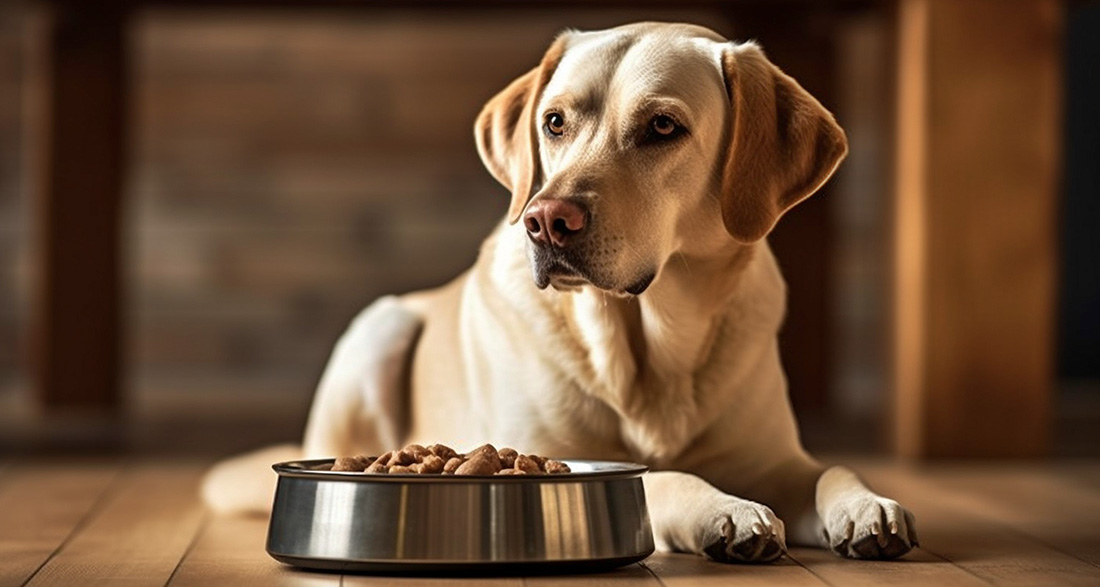Hiccups occur in dogs, just as in humans, from time to time. The cause is usually a spasm in the diaphragm, which can be triggered by various factors. Especially puppies often experience hiccups, which is not necessarily a cause for concern.
For dogs, hiccups can be uncomfortable, but in most cases, they resolve on their own after a few minutes. In this article, we will explain in more detail what you can do acutely for hiccups in dogs and when a visit to the veterinarian may be necessary.
What Causes Hiccups in Dogs?
When the diaphragm contracts uncontrollably during breathing, it is referred to as hiccups. The physical symptoms in dogs are identical to those that hiccups cause in humans. But how exactly do hiccups occur?
The diaphragm is a crucial muscle in mammals that enables breathing. With each inhalation, the diaphragm contracts, creating sufficient space in the chest cavity for the lungs to expand.
During exhalation, the tension in the diaphragm decreases, allowing air to escape from the lungs. Hiccups disrupt this process by causing a strong contraction of the diaphragm: the vocal cords close, inhalation is interrupted, and the classic “hiccup sound” is produced.
Hiccups in Dogs and Their Causes
Does your dog have hiccups? Essentially, hiccups in dogs have the same causes as in humans. Rapid temperature changes, rapid breathing, or fast eating or drinking can contribute to the development of diaphragm spasms. Let’s take a closer look at the causes of hiccups in dogs:
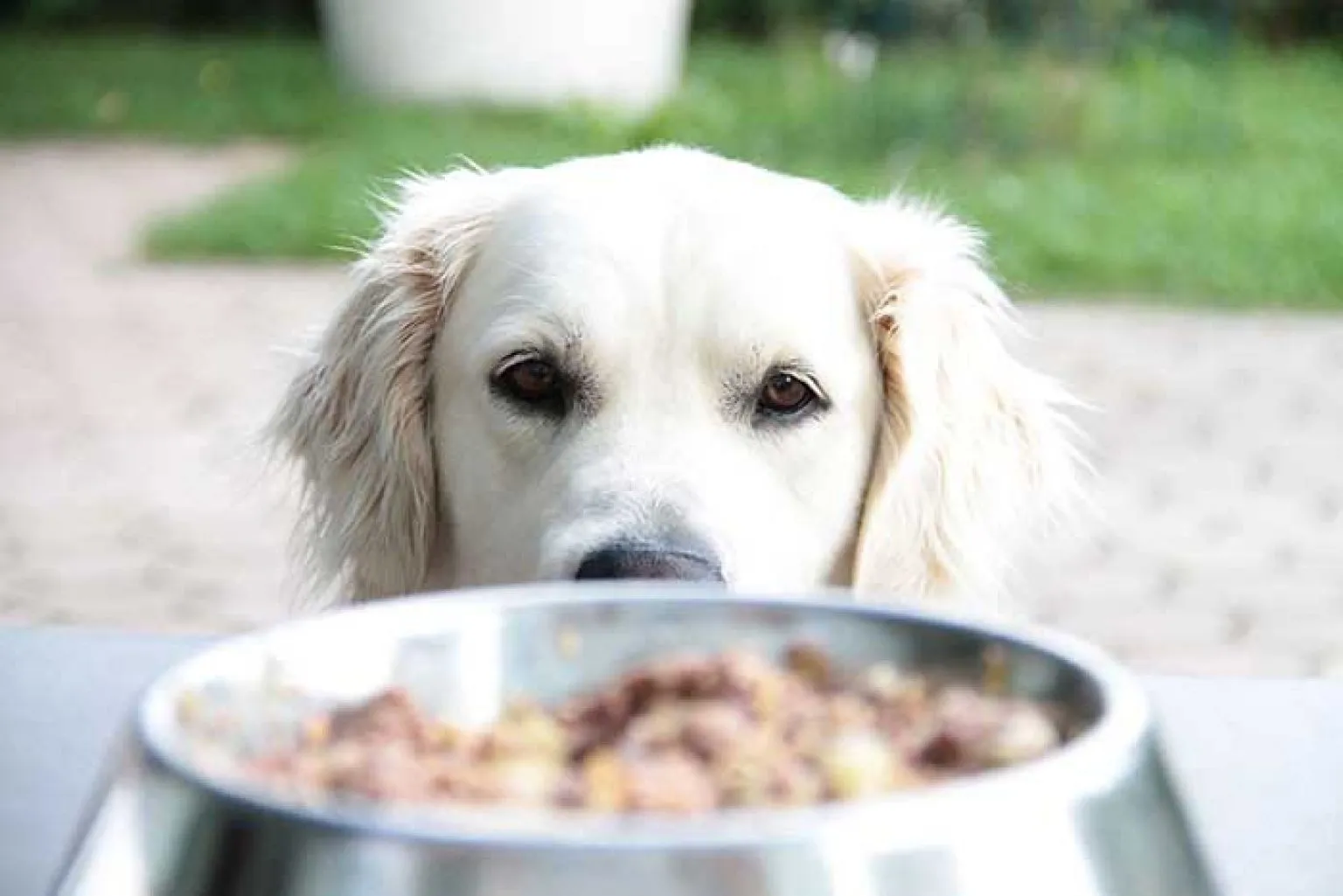
Rapid Breathing:
The faster the breathing, the more likely the diaphragm is to cramp. In addition to physical exertion that comes with accelerated breathing, activities like wild play or frequent barking can contribute to hiccups.
Excitement and Tension:
The more hectic the daily routine, the more likely a dog is to experience hiccups. Whether during playtime, extended walks, or dog sports – the more excited and energetic the dog, the higher the likelihood of getting hiccups.
Too Fast Eating & Drinking:
It’s the dog’s favorite food again, and your furry friend loses complete control? Every dog owner knows that dogs sometimes devour delicious meals or tasty treats. If a dog eats or drinks too quickly, hiccups can be an immediate consequence.
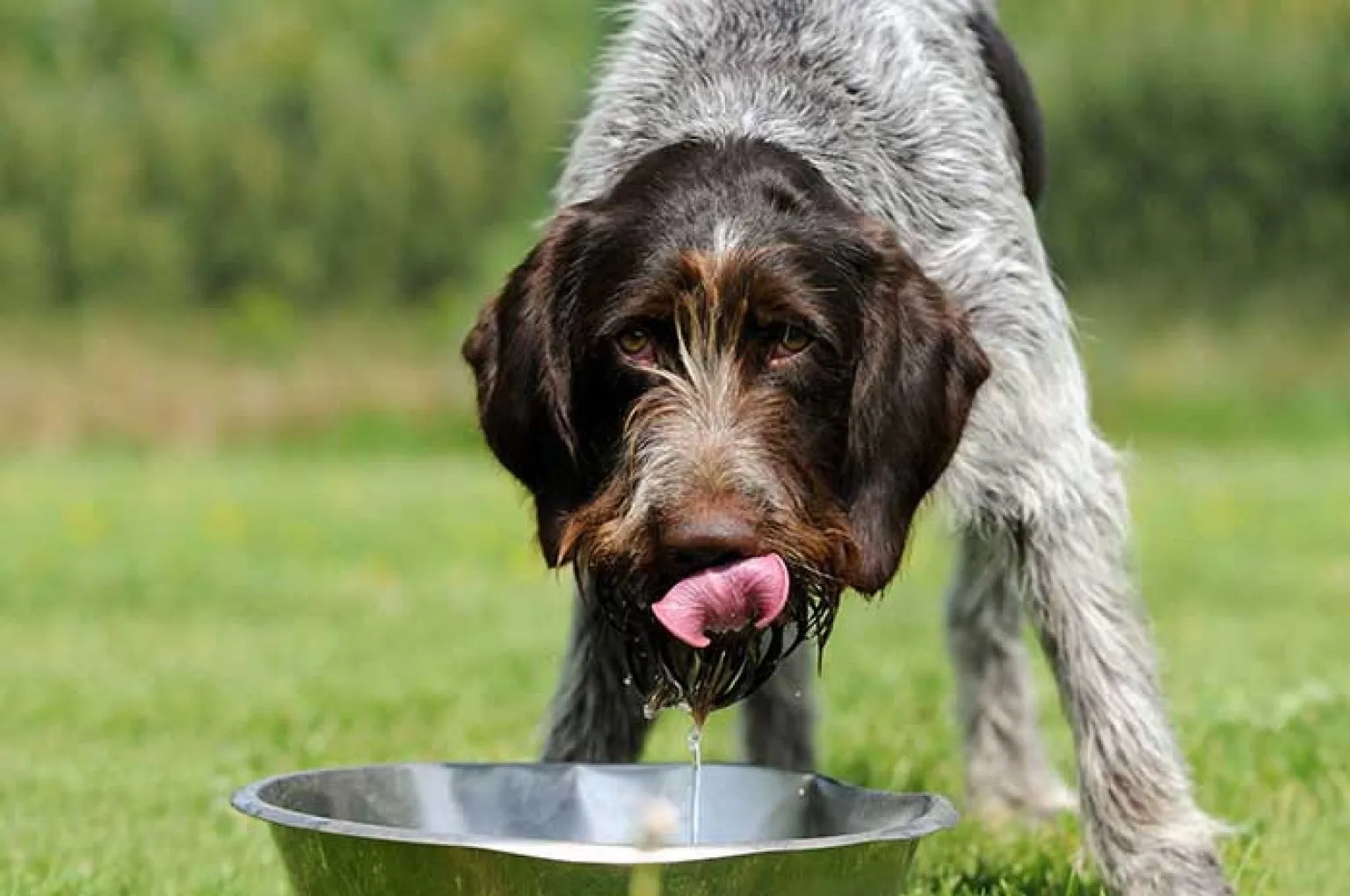
Quick Temperature Changes:
When a dog moves from cold outdoor air to warm indoor spaces, it can also favor the occurrence of hiccups. The rapid change in temperature can cause the diaphragm to cramp. Puppies and small breeds are particularly affected when it comes to hiccups caused by rapid temperature changes.
Pain in the Gastrointestinal Tract:
Some dogs may develop hiccups in response to pain in the stomach or intestines. Typically, the dog also shows other symptoms such as excessive fatigue, diarrhea, vomiting, or a bloated abdomen. If these symptoms persist in conjunction with hiccups, a visit to the veterinarian is advisable.
Worm Infestation:
Certain types of worms, such as roundworms, can migrate throughout a dog’s entire body during an infestation. Since parasites can also settle in the lungs, a severe roundworm infestation may lead to frequent hiccups. If your pet experiences hiccups significantly more often than usual, a worm test should be conducted.
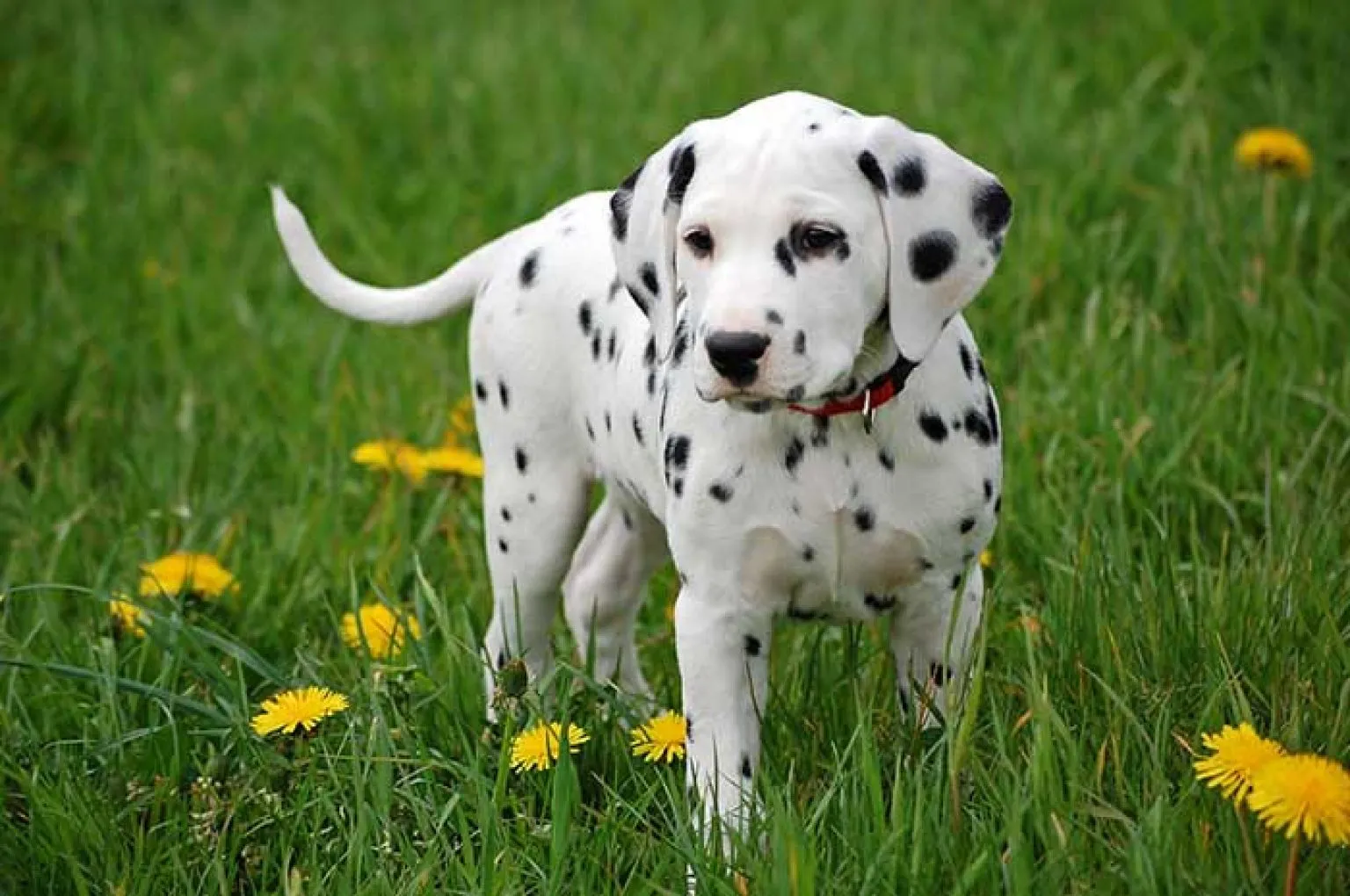
Hiccups in Puppies – Why Hiccups are more common in puppies
Puppies have a unique energy that differs significantly from adult dogs. The entire world needs to be explored – wild play, rapid food consumption, and hasty movements are on their daily agenda.
Several factors are fulfilled that promote the occurrence of hiccups. Additionally, the respiratory organs in puppies are usually still developing, contributing to hiccups in puppies. However, in most cases, this is not a cause for concern in young four-legged friends.
What to Do Against Hiccups in Dogs?
In most cases, hiccups in dogs are entirely harmless and often disappear on their own after a few minutes. Nevertheless, you can help your dog quickly get rid of hiccups with some home remedies. You can find more information on suitable types of food and dog treats in our dog food reviews.
And the best part:
Most of these tricks can also be applied to humans, so you can use our advice to get rid of your hiccups as well.
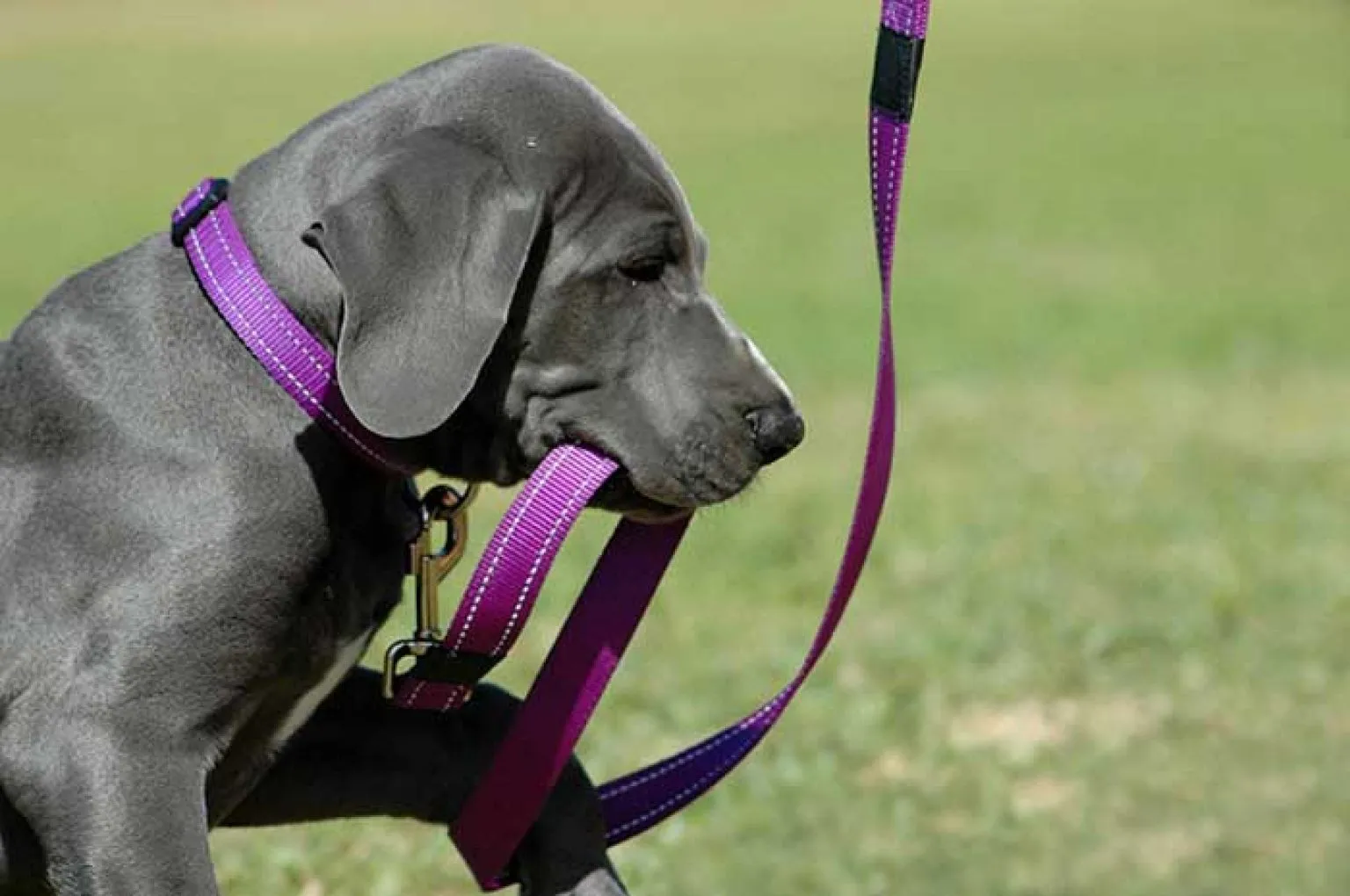
Offering Water:
Drinking provides an immediate calming effect on breathing and helps the diaphragm relax. However, for this trick to work, the dog must drink rather slowly. If the water is lapped up too quickly, it can, in turn, prolong the hiccups.
Distraction:
The less the dog focuses on the diaphragm cramping, the faster it usually disappears. Distract your dog with something that genuinely brings joy, whether it’s a short walk, a trip to the garden, or a simple game of hide and seek – the key is to shift the dog’s focus onto something else.
A Massage:
If you want to perform a massage against hiccups, the dog should lie on its back, allowing the chest to be massaged with a few simple movements. A gentle chest massage relaxes the diaphragm, automatically improving the hiccups. However, most dogs with hiccups may not willingly lie on their backs – this method might require some training.
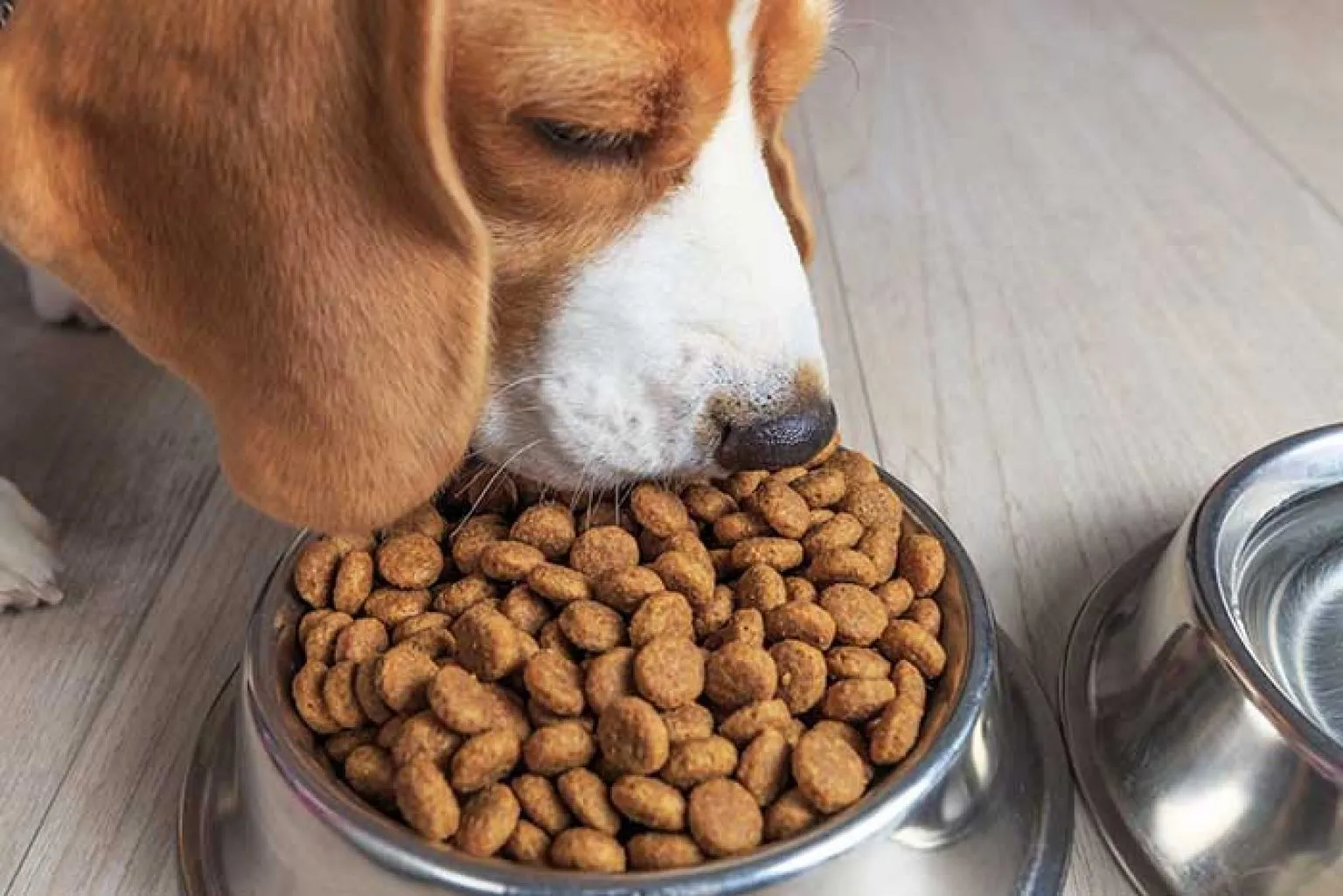
Prevention:
To effectively prevent hiccups in dogs, some changes in daily life can be made. Especially if hiccups are triggered by eating too quickly, it may be helpful to provide smaller portions more frequently throughout the day. This prevents gobbling down the food and keeps the diaphragm relaxed. Also, in exciting situations for the dog, reacting with calmness and composure can help prevent the dog from inhaling too much air and thus avoid hiccups.
Startling:
Not only in humans has a brief scare proven effective against hiccups, but startling is also mentioned as a method for pets. However, this method should never be implemented with fearful, panicked, or irritable animals!
However, there are also some no-gos that should never be applied when the dog has hiccups. While humans have medicine available that is effective against hiccups, this medicine is usually not suitable for our four-legged friends! Therefore, do not use human remedies for hiccups in dogs; instead, consult your vet for suitable medications if needed.
Also, it should be ensured that the dog does not eat tough treats or chew on things during hiccups that could potentially be swallowed. Due to hiccups, there is a risk that foreign bodies may enter the lungs, causing severe damage.
Conclusion: Hiccups in dogs are harmless – no cause for concern!
Upon closer inspection, it becomes clear that hiccups in dogs are generally harmless in most cases. The cause is often related to the animal’s everyday behavior, external temperatures, or triggered by excessive excitement. Puppies and small dogs are significantly more prone to hiccups than fully grown, larger dogs.
If you notice that your dog often has hiccups and they do not disappear on their own after a few minutes, you should have the animal thoroughly examined by a veterinarian – there may be an underlying physical issue causing frequent hiccups.
The Reverse Hiccup – a serious medical problem
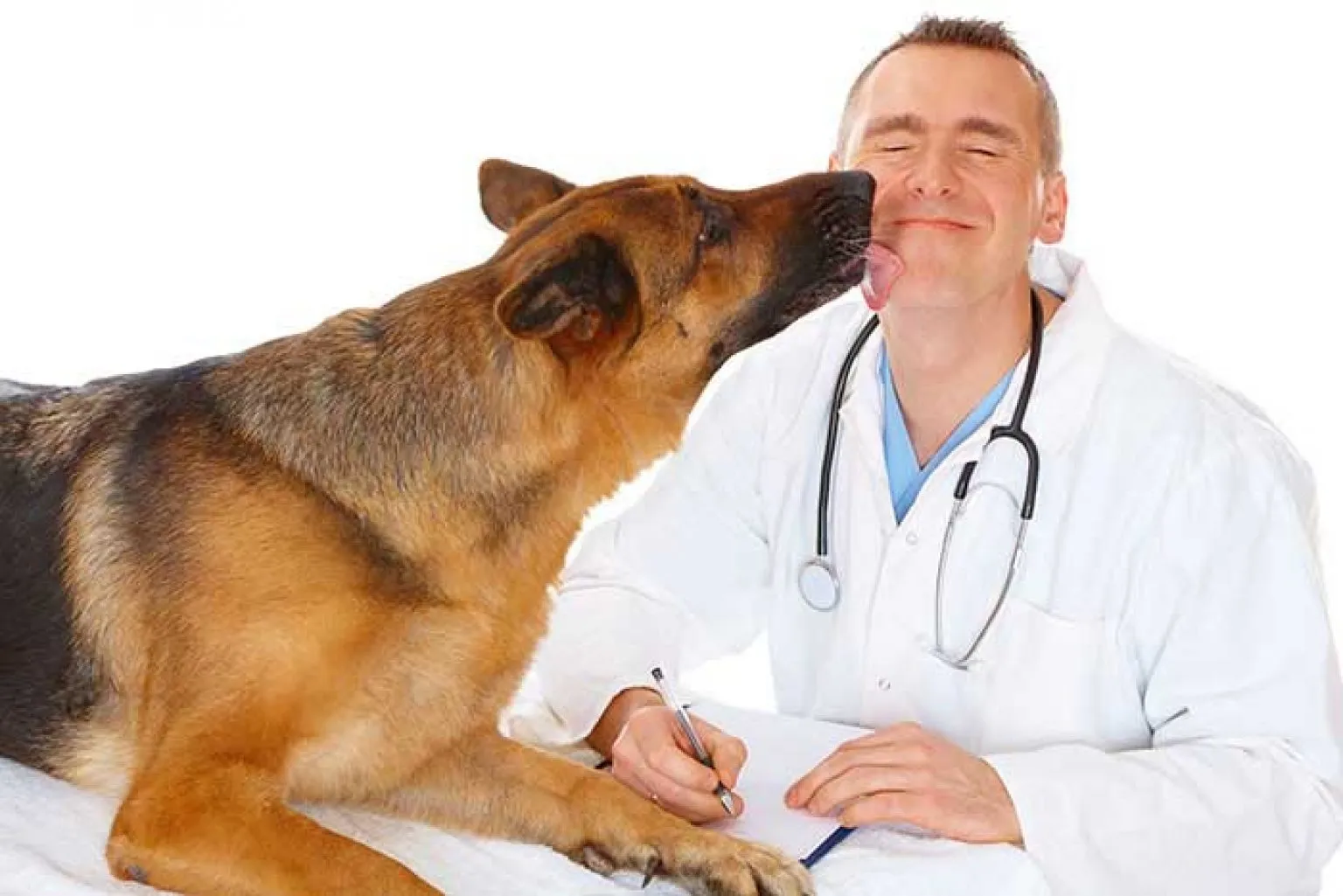
In addition to the classic hiccup, where the vocal cords close due to the contraction of the diaphragm, preventing inhalation for a brief moment, there is also the so-called reverse hiccup. In this case, the dog breathes in exclusively through the nose with visible difficulty and often accompanied by loud noises.
During the reverse hiccup, the dog attempts to get rid of excess mucus from the respiratory tract. The exact causes are not yet known; however, it can be an acute emergency that should be promptly presented to a veterinarian.


